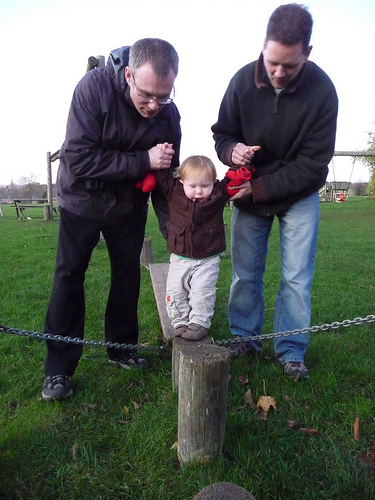Love what is. Appreciate what is. Accept what is, or use what is! There is only power in what we do with what we have. – Tony Robbins and here

Appreciate the obstacles for how they help you. And then do something to overcome them. Find help if you can. Remember, they aren’t there to stop you. They are there so that you might demonstrate how committed to doing what it takes to get it done!
What does that mean?
How many times have you said that you’d do something if only you had one more thing, which you didn’t have? To me, that’s what this quote is about. We can’t do anything with what we don’t have, and there is no power without action. The last portion says that in a fairly straight-forward manner.
The rest of the quote talks about what we should do with that which we have, that which is. We should love, appreciate, accept and/or use what is, what we have in our lives. I would state the last one as make use of, rather than use, as the latter has some slightly negative connotations.
All of the statements are in the present tense. We’re not being urged to wait until we have all the parts and align them perfectly. Neither are we being urged to look back on what we used to have. The quote is all about right now, and being in the moment.
Why is doing something now important?
Doing something now implies you’re going ahead with the present plan and your present skills and resources. If we wait until we have everything we would like to have, we won’t ever take action. If we wait until we have the plan perfected, something will have changed, and we’ll have to start again.
We can make excuses, or we can make things happen. They might not be what we expected, but something will happen, but only if we get busy, right? We could do better with more resources, but the point of the quote is to love, appreciate, and accept what we have, and then use it to get things done.
Doing, after a little planning, can result in massive results. But waiting, procrastinating, and making excuses, they won’t ever get anything useful done. Those are the kinds of things which inhibit action, and stop us from accomplishing what we’re trying to get done. Excuses or results, pick one.
Where can I apply this in my life?
The nice thing about this quote, or at least the second half of it, is that it applies to every part of your life where you aren’t doing things. The first half applies to everything, right? We should always love, appreciate, and accept that which is.
Everything? Yep. But I have problems, enemies, and things I can’t do! Yep. To me, it gets back to the choice between excuses or results. If you have problems, welcome to the human race. The only people who have no problems are the ones no longer breathing, which can be viewed as a problem as well.
Enemies and things you can’t do are just names for animate and inanimate obstacles. Over, under, or through. Find a better way, or find someone who has done it before. Pay someone who knows what they are doing. Again, it’s a choice of excuses or results. Do it or complain about why you can’t.
That sounds kind of brutal, but that’s how life operates. While you are busy making excuses, life goes forward without you. Love, accept, and appreciate your obstacles. Not for what they cost you, but because of what they will force you to become.
What do obstacles do to us, or more precisely, for us? They force us to be creative in our approaches and methods. They test our resolve. They teach us patience and observation. They teach us how to be flexible in our planning. The tougher the obstacle, the more you have to improve to win.
And that’s part of the way things work. You have to have a plan, even if it’s just a general idea of the end objective and what you’re going to do to get there. The plan has to be flexible, and you have to observe the results and adjust the plan and your actions before you try again.
Doing the same thing a dozen times is not the same as trying a dozen different ways, right? What will you change in the next attempt? That depends on what you observed, how carefully you observed, and how well you drew your conclusions. Make your adjustments, and do something.
Repeat as often as necessary. Thomas Edison is quoted as saying he hadn’t failed 10,000 times, but simply found 10,000 ways not to make a light bulb. The way to get anything done is by iterating, with changes driven by careful observation and adjustments.
With some luck, you’ll get it done sooner rather than later. But in the mean time, keep doing something. Love what you have. Accept it for what it is. Appreciate it for what you will become. And make use of it in your work to achieve your ultimate goal.
In the end, that’s what it’s all about. The results. How you get them, within the bounds of acceptable ethics and morals, isn’t really important. The process of improving who you are and what you can do, that is what gets you from where you were to your destination. If you didn’t change, it wasn’t much of a challenge, was it?
From: Twitter, @tonyrobbins
confirmed at : it’s his own feed…
Photo by JodyDigger

Pingback: What Excuse Are You Making Today | Leap Like A Frog